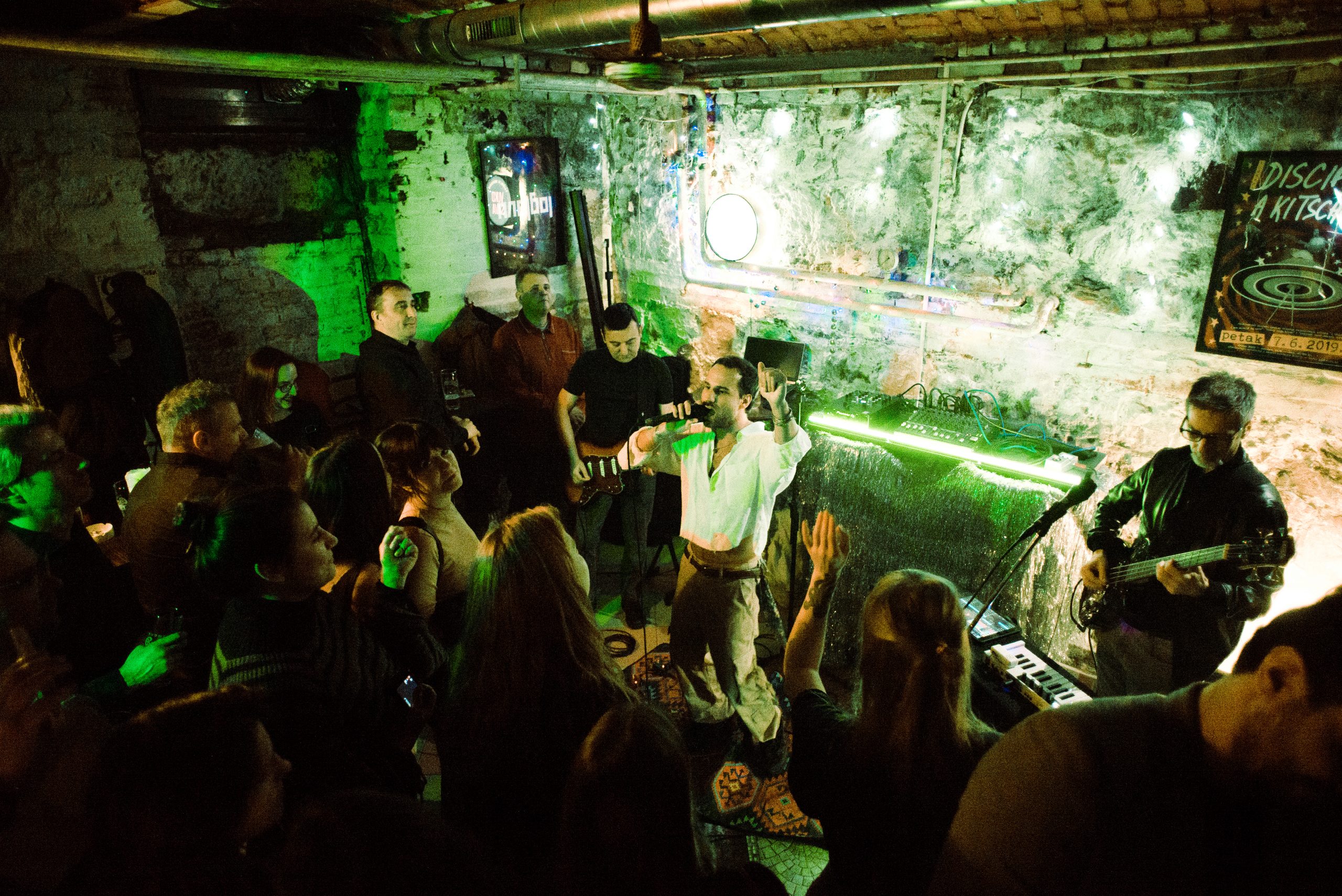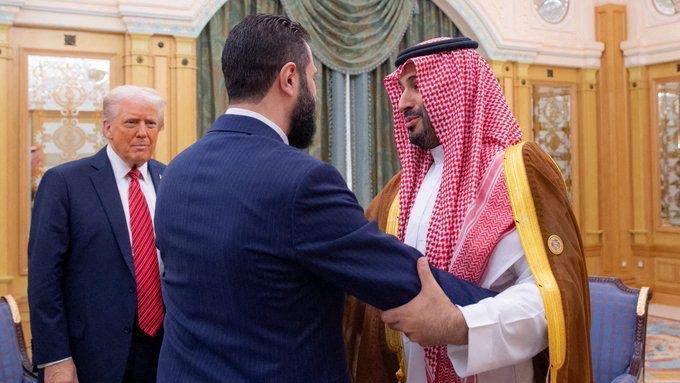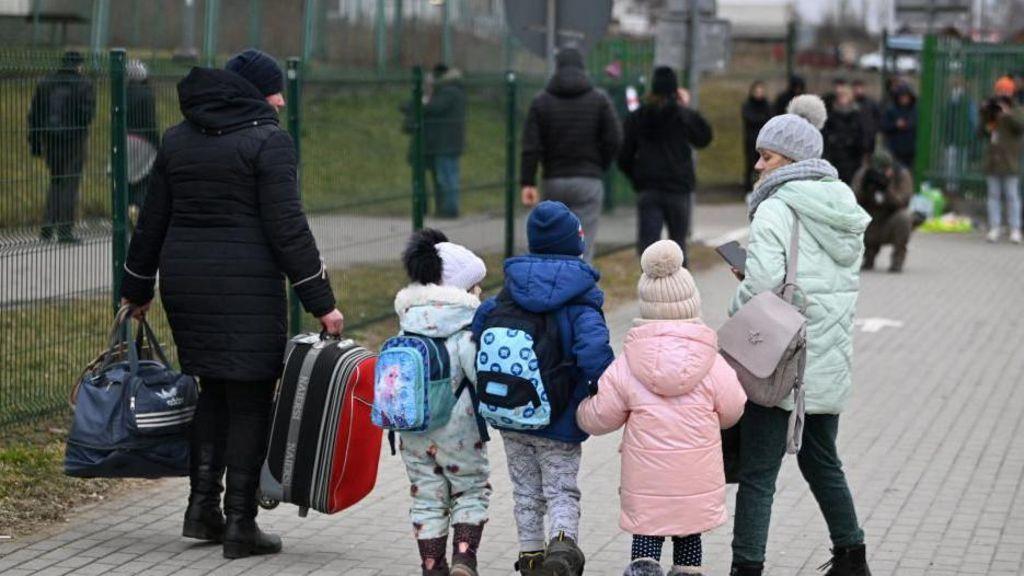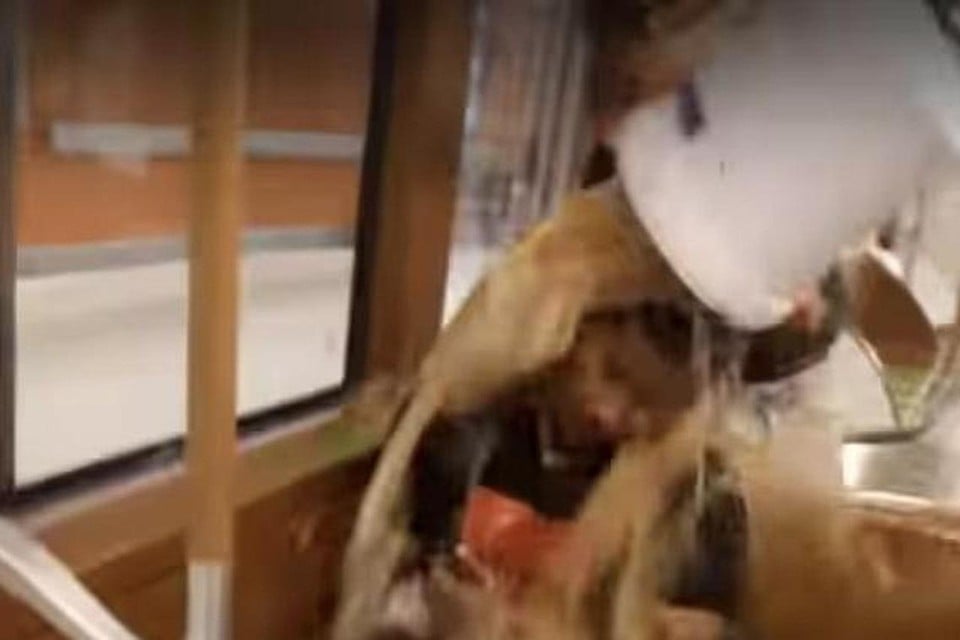Deutsche Veli on Student Marathon in Brussels: « Ursula von der Laen will not be able to silence » – the world forever
The Student Marathon from Serbia arrived in Brussels with the aim of pointing out authoritarianism, corruption and collapse of democracy. They arrived at the time when EU officials are increasingly criticized by the state of democracy in Serbia.
Eighteen days, eight countries and 1,950 kilometers later – students from Serbia ended their marathon from Novi Sad to Brussels. In addition to the sounds of the Italian Partizan « Bella Ciao », they welcomed them citizens gathered in front of the door key institutions of the European Union.
Among them is the family of Dunje Stanojković, the Veterinary Student from Pancevo. Her parents and an elderly sister proudly followed her arrival, at the same time concerned and excited.
« We hope for some better life in Serbia and that children will not go abroad, that we will return to Serbia, » says DW her mother Dragan.
The Student Marathon arrived in Brussels at a time when protests in Serbia have been going on for more than half a year. Initiated by the fallen canopy of the train station in Novi Sad, which killed 16 people, the protests grew into a wider fight for justice and responsibility, and against authoritarianism and corruption.
In moments of euphoria, the motto « no one is tired » resonate as a message of persistence. Brussels, they say students, just another station. Their goal is to inform European officials of first hand about the situation in Serbia.
« We want to point out the problems and that people in Serbia and around the world know what situation we are, » says DW Student Marathonon Uroš Obradović. « We expect understanding and support for further fight against the European Union. »
Euro cases say: « We hear you »
The first address of their three-day visit to European institutions was European Parliament. There, they first betrayed the victims of the tragedy, passed flowers and sneakers in which they crossed hundreds of kilometers, and then headed to a diplomatic mission.
They came across the door in parliament. MPs recently adopted a report on Serbia’s progress, which clearly recognizes the problems that students indicate. They congratulated them on courage and engagement.
« The biggest obstacle that Serbia progresses is the nature of its power that was treated in Aleksandar Vučić, » says DW Rapporteur for Serbia Tonino Picula.
« We can’t just accept as a credible desire desires coming from official Belgrade, and a completely different discrepancy behavior as, of course, a recent department of Serbian president at Putin’s parade in Moscow. »
The sharp messages from the European Parliament are not news, but the fact that the European People’s Party was joined by the Progressive Party, explained for DW editor-in-chief of the European Western Balkans Nemanja Todorović Stipley. It is, it says, especially important, bearing in mind that this is the strongest parties in the European Union.
« There was a diplomatic mission when Donald Tusk and (Kirjakos) came to Serbia, and for the first time, we had the situation that the European People’s Party was said to be a second member of the European Party, » Stipley remembers.
« Ursula Fon der Laen will not be able to silence forever »
During the three-day visit, students should also meet with Commissioner from the extension of March KOS and the Members Commissioner, Sports and Intergenerational Dialogue by Glen Mikalef.
During the recent visit to Serbia, it said students’ requests in accordance with what the European Commission was asking for Serbia and that the rule of law would have existed to the Novi Sad.
« And the President of the European Commission Ursula Fon Der Laen will not be able to silently, » he says for the DW Member of the European Parliament from Slovenia Irena Joweva. « I told her that ignorance kills, literally kills. Now it’s pressure and on it, because this struggle for European values that should be reprinted. »
Picula reaction also expects because, as he says, at the price and credibility of the European Union.
« Unable to count on a credible extension policy that does not affect the roots in the European door, because it is individually due to its sizes in the Western Balkans. That is why the attitude towards Serbia is relevant to the future of the enlargement policy, » picula rates.
Money as a pressure mechanism
The words seemed to go into action: due to unfulfilled obligations from the so-called growth plan, the European Union delayed the payment of 111 million euros to help Serbia.
Within this plan, Serbia has made a reform agenda that contains a specific reform plan that should meet up to 2027. Years, which refer to the requirements of the negotiation process. The reforms that Serbia should first be implemented by media laws, the election of REM members and the revision of the voter list.
« The European Commission thinks that through the Reform Agend, the holders of government in Serbia will finally do anything in terms of European integration, because this process is three years in the downtime, » Stipley explains.
He believes that pressure will be intensified, but also by Serbia, as Serbia’s senior countries, which did not meet its own obligations from the Reform Agenda, while Montenegro, Albania, Northern Macedonia are far away in the process.
What else can the EU?
Can the European Union make more than pressure? It can – and they are reminiscent of those who remember how just more than a decade played a key intermediate role in resolving the political crisis in Northern Macedonia.
The Europe’s Tonino Picula says that he is ready to discuss similar initiatives, but he first expects more clear signals from the student movement.
« The student movement is on one crossroads. We now simply have to hear some more clearly answers to quite specific issues, which will happen in Serbia, » says Picula.
After many months, students stated that the output see in the elections and seek them to be called by mid-May. They also announce their own list, but it is not yet clear how it will look like, neither relationship plans towards opposition parties.
The European Union has not yet clearly declared – and probably not until the sources of DW say, Serbia does not meet the recommendations for improving the election election processes compiled by the OSCE Office for Democratic Institutions and Human Rights (ODIHR).
« It is not our responsibility or right, nor will we do that, to interrupt in internal policies, » says Irena Joweva. « But we support them in the fight that the fight of the European Union and I really mean, I expect and demand, and I am not the only one that the election conditions be fair, because it is the foundation of democracy as such. »
Follow us on our Facebook and Instagram page, but also on X account. Subscribe to PDF List release today.








